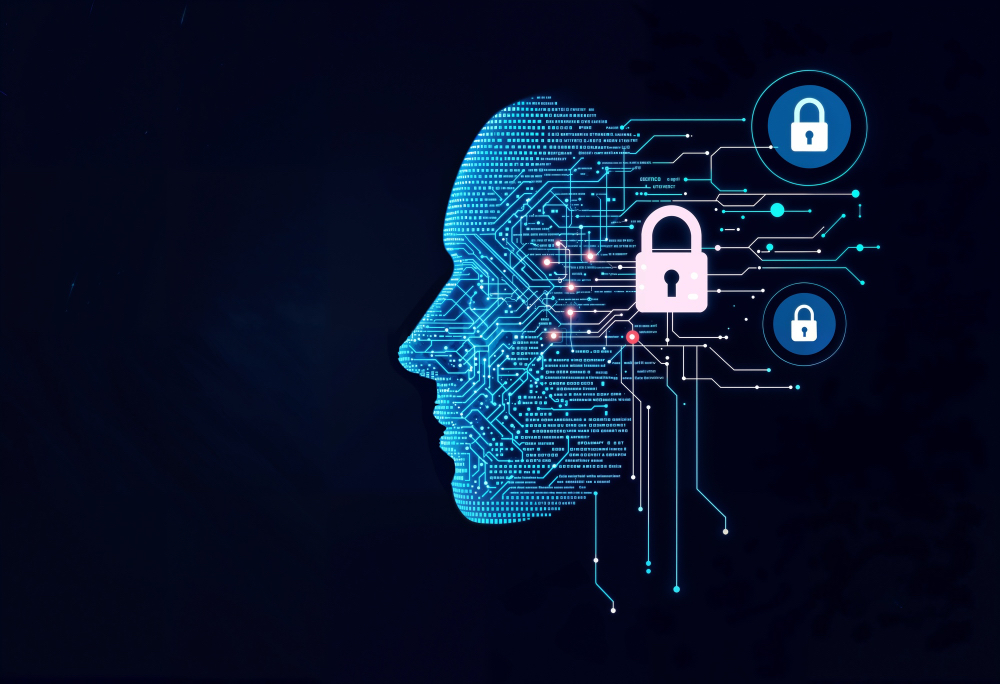Queen’s University Belfast and University College Dublin (UCD) have formalised a cross-border partnership focused on artificial intelligence research and talent development.
The collaboration will bring together researchers, faculty and students from both institutions to address shared challenges and opportunities in AI, including applications in healthcare, cybersecurity, data analytics and ethical AI governance.
The initiative aims to deepen academic cooperation, foster joint research projects, and expand interdisciplinary learning programmes that equip students with AI-relevant skills.
Leaders from both universities emphasised the importance of an all-island approach to strengthening AI expertise, enhancing competitiveness, and contributing to economic growth in Northern Ireland and the Republic of Ireland.
The partnership is expected to facilitate knowledge exchange, researcher mobility, and shared access to specialised facilities and funding opportunities.
Stakeholders also highlighted the broader societal context: as AI becomes integral to multiple sectors, coordinated academic and research ecosystems can help ensure that innovation aligns with ethical standards and public value.
By pooling resources and expertise across jurisdictions, the initiative positions both universities to play a more influential role in shaping AI policy, industry adoption and workforce development.
Would you like to learn more about AI, tech and digital diplomacy? If so, ask our Diplo chatbot!










